If a circuit calls for a capacitor with a specific capacitance, what happens if a capacitor with a different capacitance is substituted?
I have a circuit that calls for a 250uF capacitor to power a small speaker. What would happen if I substituted it for a capacitor with less/more capacitance?
Why can't I substitute it for a 220uF capacitor?
Why can't I substitute it for a 300uF capacitor?
